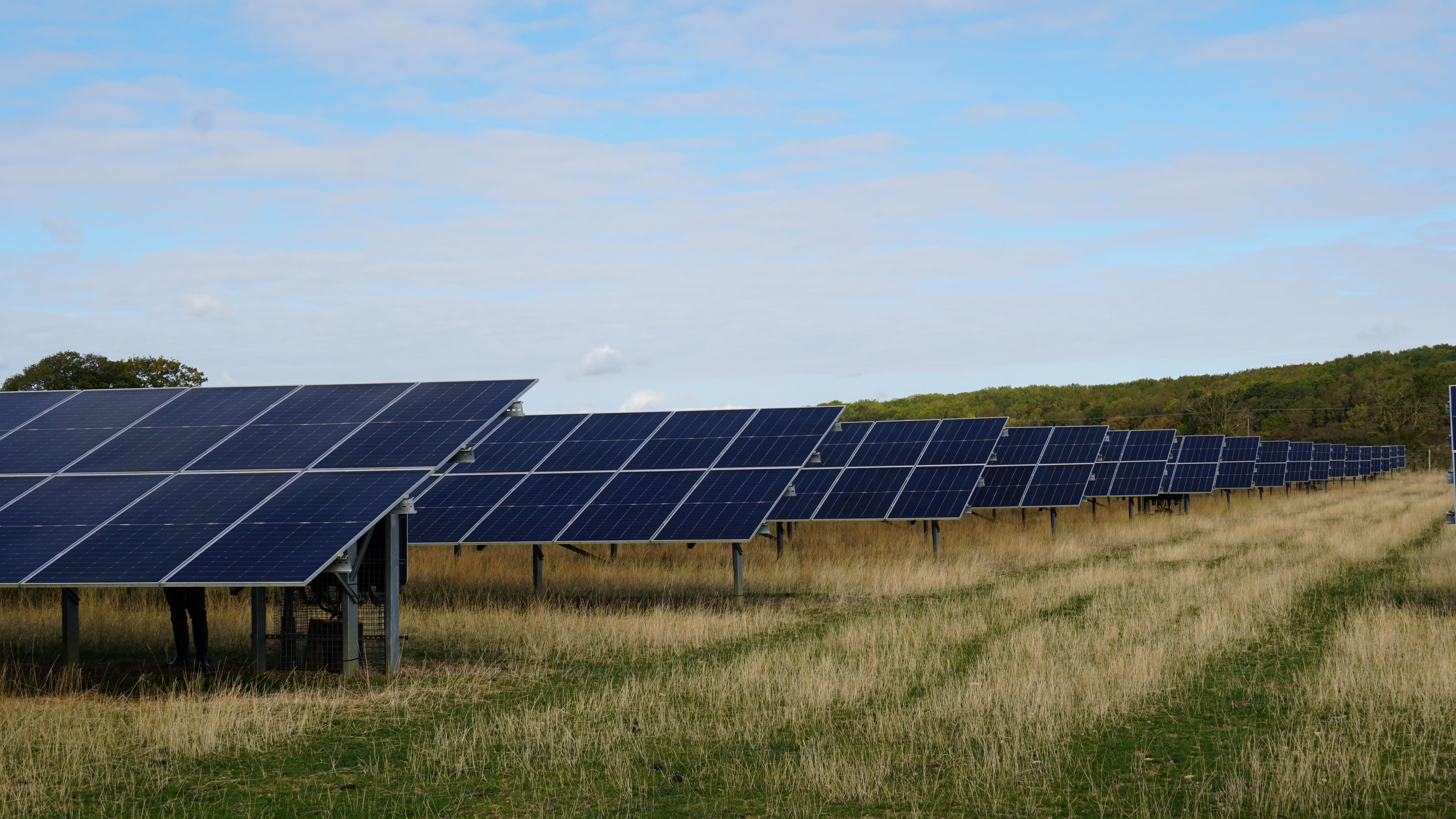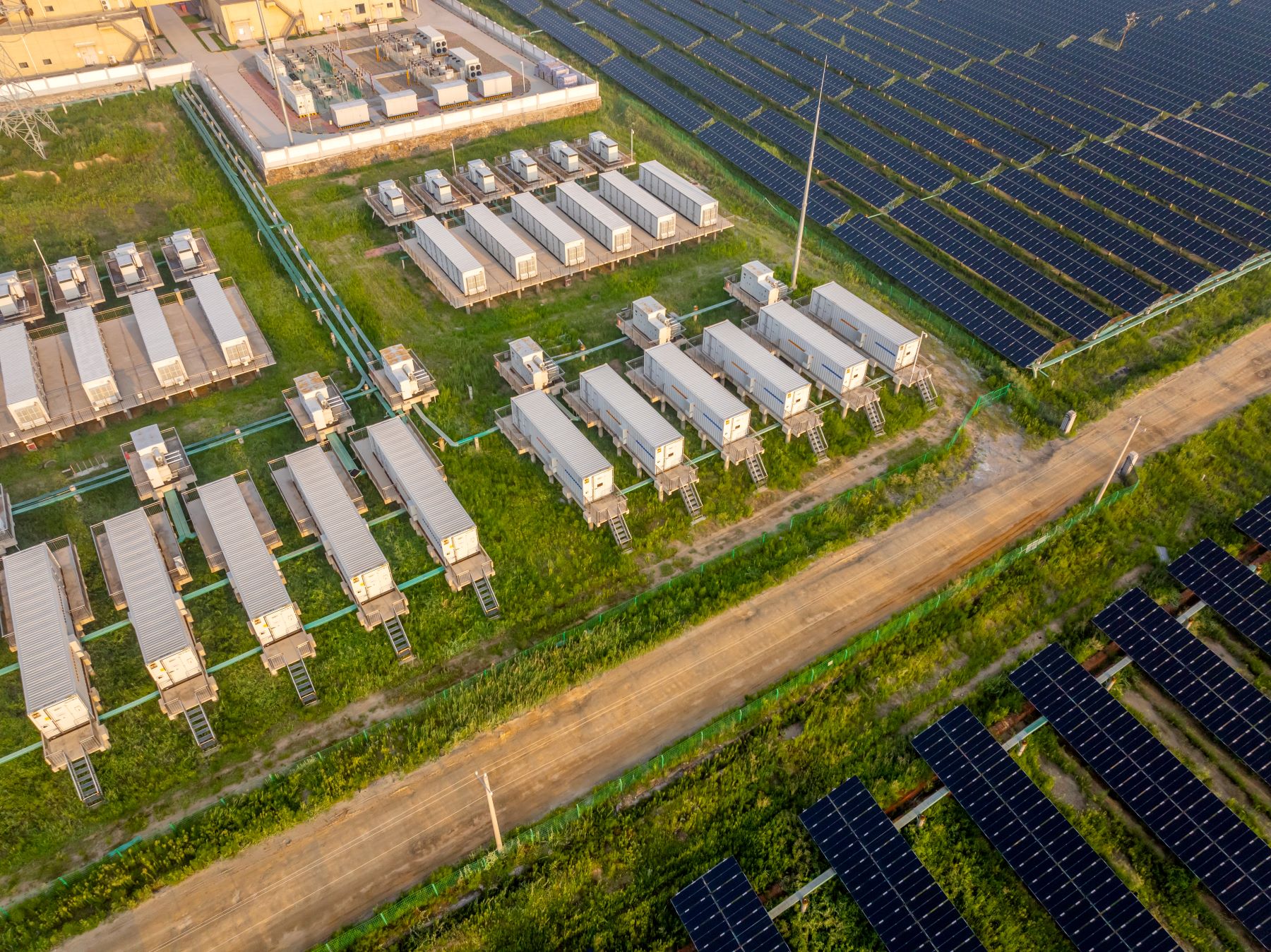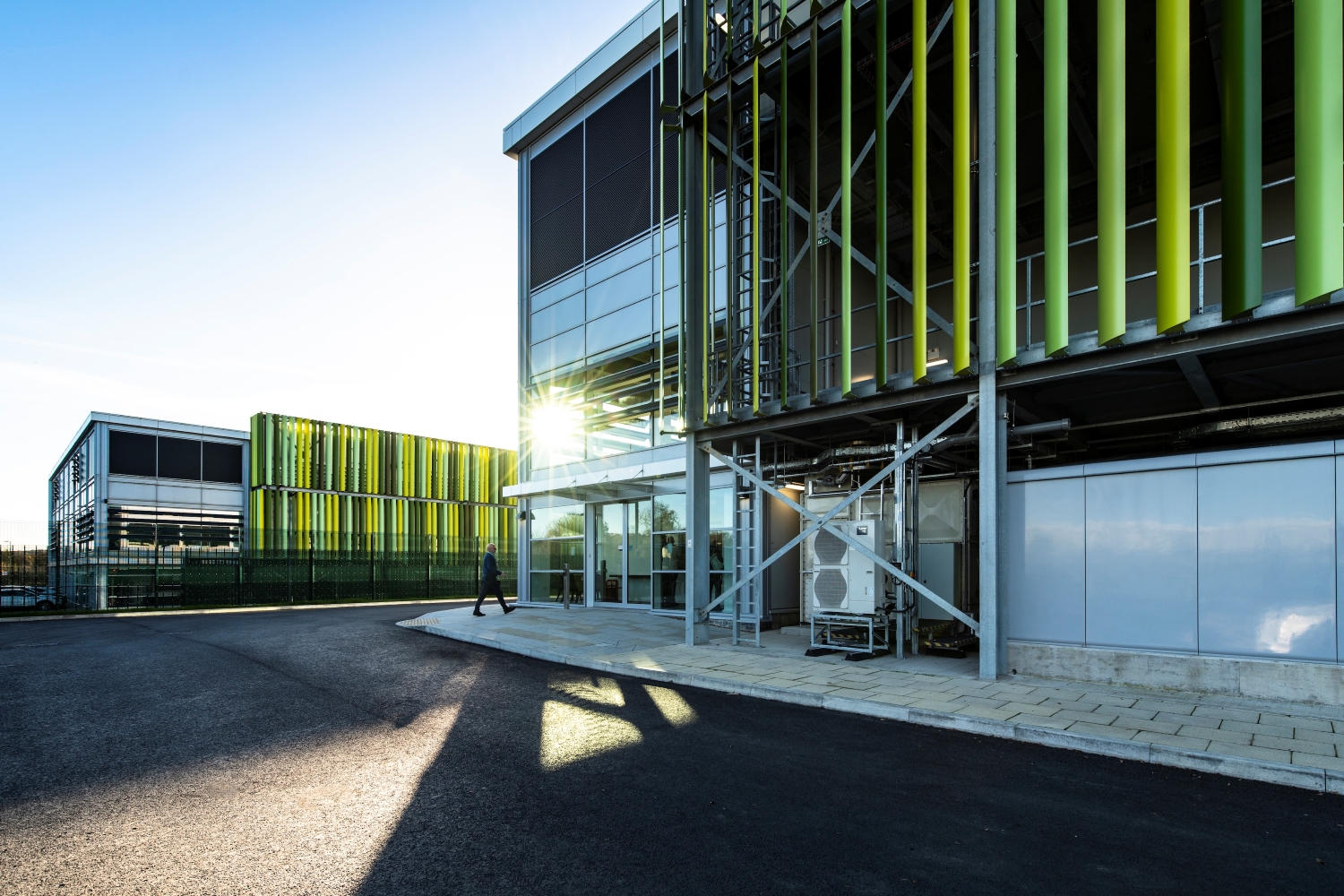Empowering renewable energy: the benefits of the Development Consent Order (DCO) process
A question we are often asked, as a developer, is why is the Development Consent Order (DCO) process needed and what benefits does it provide?
To answer this, we asked David Vernon who recently joined Downing to lead the planning process for our pipeline of projects with National Significance and who has over 20 years of experience of infrastructure projects.
The DCO process is a specific regime that applies to major infrastructure projects. This can apply to infrastructure projects in sectors ranging from transport, water, waste and of course, energy. For energy generation projects in England, this means projects that are capable of exporting 50MW or more to the grid.
The kinds of projects that undergo the DCO process are, by definition, essential for local and national growth and the nation’s broader economic and infrastructure development. The DCO process therefore places at its centre the importance of National Policy, balancing the national interest with local impact. This is critical for larger projects; at the local planning level it is becoming increasingly common for National Policy to be overshadowed by local concerns which, when multiplied across the many local planning authorities across the country, can present a real obstacle to achieving policy aims such as the transition to net zero.
Some people think that the DCO process silences the voice of the local community, allowing pet projects to be approved by Central Government, remote from where the potential negative impacts of development are most likely felt. This couldn’t be further from the truth.
The process requires widespread engagement with stakeholders such as technical bodies, government agencies, local authorities and local communities, which ensures a robust and consistent evaluation of the overall application and a better project that emerges from this process. This engagement takes place at the very outset of projects and continues through the whole process to when construction starts and an application cannot be accepted for examination if it cannot demonstrate meaningful consultation with local and technical stakeholders has taken place.
Another commonly held misconception is that the DCO process might somehow bypass the environmental assessments that are now standard for local planning processes. This again is not the case; DCO projects undergo a rigorous environmental assessment just like that undertaken at the local planning level. Indeed, in the majority of NSIP projects, the detail and duration of survey activity required, and the topics required to be covered, is more extensive than the environmental assessments that accompany local planning applications. A fully scoped formal Environmental Impact Assessment is required for DCO projects (which is not always the case for smaller projects). Combine these enhanced environmental measures with the extensive consultation with statutory bodies charged with preserving the environment, and the process ensures that not only are environmental impacts thoroughly evaluated, but appropriate mitigation schemes are also agreed and implemented.
So what does this look like from the developer’s perspective?
The DCO process provides clarity to developers and investors through clear timescales, predictability, and consistency of evaluation. Although the decision time period has lengthened in recent years due to increased project complexity, many of the delays traditionally experienced through local planning processes are mitigated in the DCO process through set timescales for decision-making once the application is submitted.
Applications are evaluated by the Planning Inspectorate. They require widespread engagement with stakeholders including local communities, which ensures a robust and consistent evaluation of the overall application. This then allows stakeholders to have a collaborative influence over the evolution of the site design using an understanding of true local issues.
Given the scale of the DCO projects, it is also possible to make a significant financial contribution to the local community by establishing and making ongoing contributions to a fund which supports local community projects, creating a long-lasting legacy.
Solar projects can also provide a significant local Biodiversity Net Gain through things like planting hedgerows and wildflower meadows. This is particularly important as loss of Biodiversity poses an increasing risk to food & water supply and, through association, human health globally.
At Downing Renewable Developments (DRD), we are developing a pipeline of renewable energy projects that boast strong diversity across technologies, geographies, asset class and asset size in the UK and Northern Europe. Within our UK development team, we are progressing a portfolio of solar projects with a generating capacity greater than 50MW that require a DCO. If you would like to discuss any of the projects we are working on or the views within this article please get in touch.
Related articles

Downing Renewable Development's approach to site selection in the UK

Downing Renewable Development's approach to site selection in the UK






.png)







.jpg)


.jpg)




.jpg)


